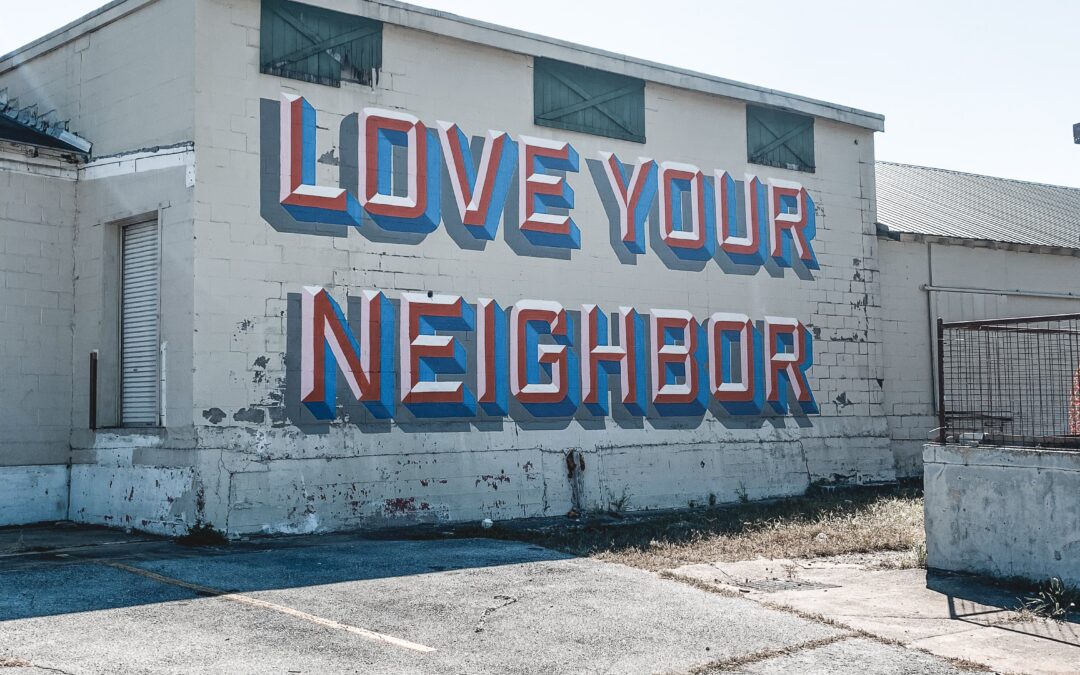by Jessica Robinett, MA, LPC
In Mark 12, Jesus is asked by a scribe, “Which commandment is the most important of all?” Jesus answers with, “…you shall love the Lord your God with all your heart and with all your soul and with all your mind and with all your strength.” He then adds a second commandment of, “You shall love your neighbor as yourself” and states “There is no other commandment greater than these” (Mark 12:28-31). How are we supposed to feel about setting boundaries with our neighbors when we are called to love them as we love ourselves? This seems contradictory, right?
Wrong.
Boundaries are God-given and can be used to help grow and nourish relationships if we allow them. In their book Boundaries, Drs. Henry Cloud and John Townsend discuss this issue at length. “God respects our boundaries in many ways. First, he leaves work for us to do that only we can do. And he allows us to experience the painful consequences of our behavior so that we will change. He is not willing for any of us to perish and takes no pleasure in our destruction (2 Peter 3:9, Ezek. 18:23), but he wants us to change for our own good and his glory” (pg. 229). The truth is that “appropriate boundaries actually increase our ability to care about others” (pg. 103). Sometimes this comes down to meeting the needs of our neighbors versus their wants. God is much more concerned with our meeting the needs of others rather than giving them what they want.
So, let’s look at a real-world example:
Say you’re involved in a group in your church, school, or workplace. Let’s also say there is a perceived culture within this group that if you say “no” when you’re asked to help, then you’re not a team player. So, when the leader of your group comes to you and asks you to help with something, you feel obligated to say “yes” even if you aren’t interested, don’t have time, or simply don’t want to take on the task. Then what happens? You will be there helping, but with a resentful heart and a poor spirit.
Now think, who am I actually blessing with my help if I’m doing it with an ungrateful, resentful heart? Is that what God is asking of us when we give? Paul reminded the church in Corinth that “God loves a cheerful giver” (2 Corinthians 9:7). When we feel that we cannot say “no” to something, it takes that cheerfulness away and negates the gift. God is looking at our hearts when we help others, and he measures not by outwardly appearance but by what is inside us (1 Samuel 16:7).
Remember this idea next time you’re afraid of setting boundaries with someone. Although it can feel as if you aren’t living up to the greatest of commandments, remember that loving your neighbor doesn’t mean saying “yes” to everything they want or ask of you. You must know your limits and your abilities before saying “yes”. Having your neighbor accept your boundaries, as well as accepting theirs, leads to a heathy relationship.


Recent Comments